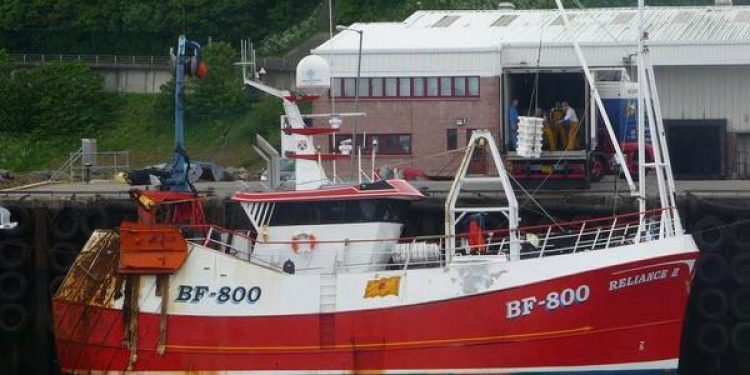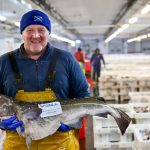Less fish was landed in the UK last year (2009). But the value was , according to figures from the Marine Management Organisation. The MMO has just published its UK Sea Fisheries Report Statistics for 2009, which also provides the latest scientific assessments of the state of fishing stocks and their sustainability .
This important fisheries management tool includes detailed data about the UK fishing fleet, imports and exports, The statistics will influence and complement government policy and , in conjunction with the Department for Environment, Food and Rural Affairs (DEFRA), help inform changes to the Common Fisheries Policy (CFP).
The MMO Report that in 2009, UK trawlers landed 581,000 tonnes of fish with a value of £674 Million, one per cent less than the previous year (2008) in quality but six per cent increase in value.
UK vessels 23,000 tons of cod (down 67 per cent since 1994, the earliest year for which comparable data is available and 36,000 tonnes of haddock down 61 per cent over the same period and 172 tonnes of mackerel were landed, a decrease of 28 per cent since 1994.
43,000 tonnes of prawns were landed, a 41 per cent increase since 1994. Landings of Crab have increased by 28 per cent since 1994 to 27,000 tonnes. Scallops landed was 34,000 double the amount landed in 1994.
Around 12,200 fishermen were reported as active in the UK.
37 per cent do all fish landed by value was demersal fish such as cod, Haddock and Sole, compared with 55 per cent in 2000. Pelagic such as herring and mackerel and shell fish comprised 28 per cent and 35 per cent respectively.
In term of quantity, over half (54 per cent) of the SCOTTISH fishing fleets landings comprised pelagic fish, 90 per cent of the Welsh catch and 54 per cent of Northern Ireland catch was shell fish such as crabs and lobsters, while England fleet landed 44 per cent pelagic fish.
UK fish exports rose 15 per cent compared with 2008, with the main species being mackerel, herring and salmon. The largest quantities were exported to the Netherlands, Russia and France. Fish imports fell by 8 per cent to 72,000 tonnes. The main species imported were cod, tuna, prawns and shrimps.
Chris Parry Chairman of MMO said: “ The annual statistics were a valuable resource for all those who have an interest in our fishing and offshore industries. They highlight important trends that help fisheries managers in the MMO and other developed administration to ascertain and secure sustainable fishing stocks for the future. The data enables us to forecast uptake and improve the management of our fisheries, especially in relation to more sensitive enforcement of the Common Fisheries Policy.









